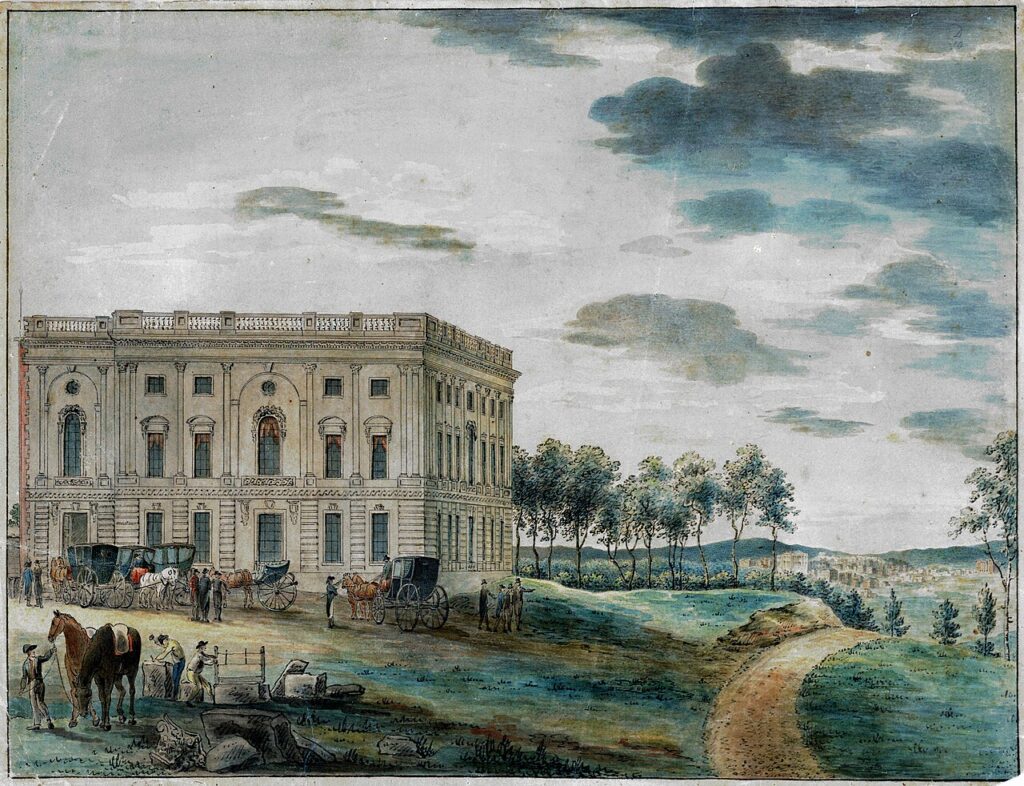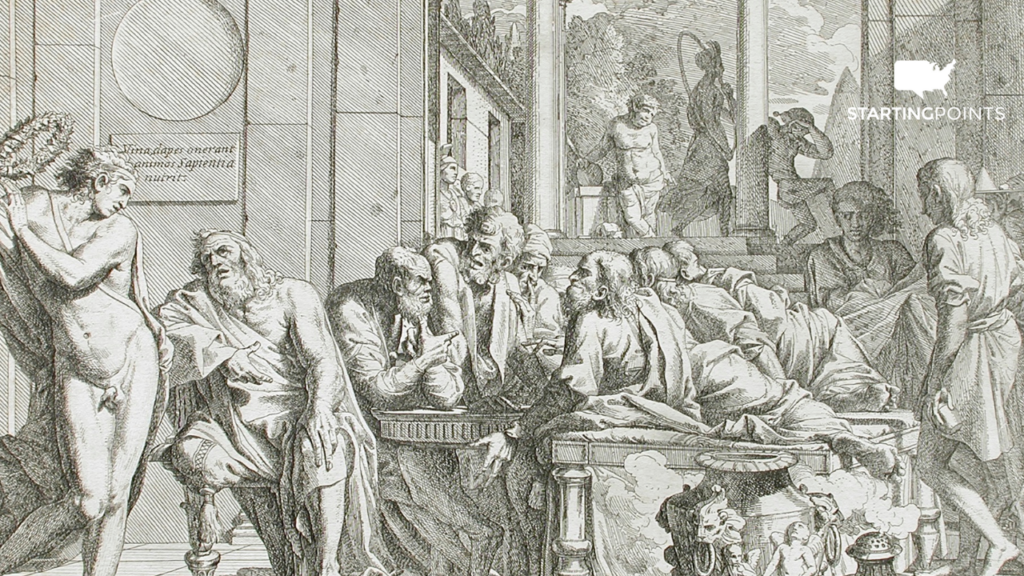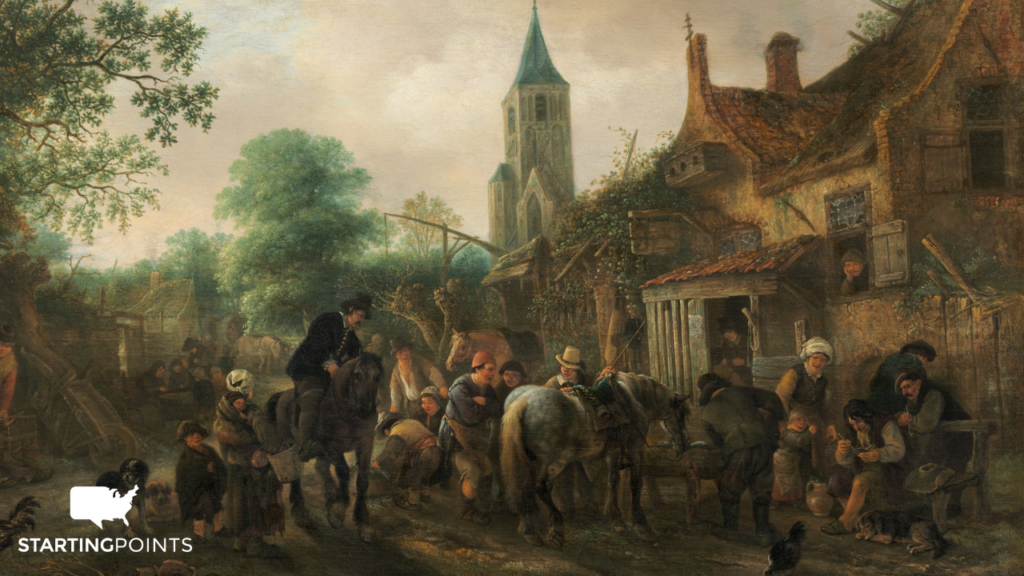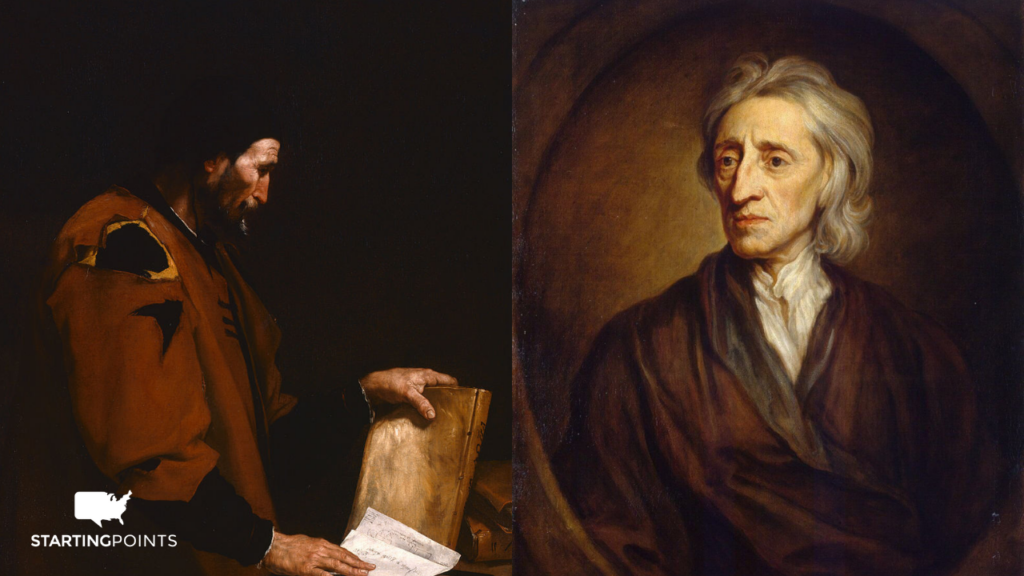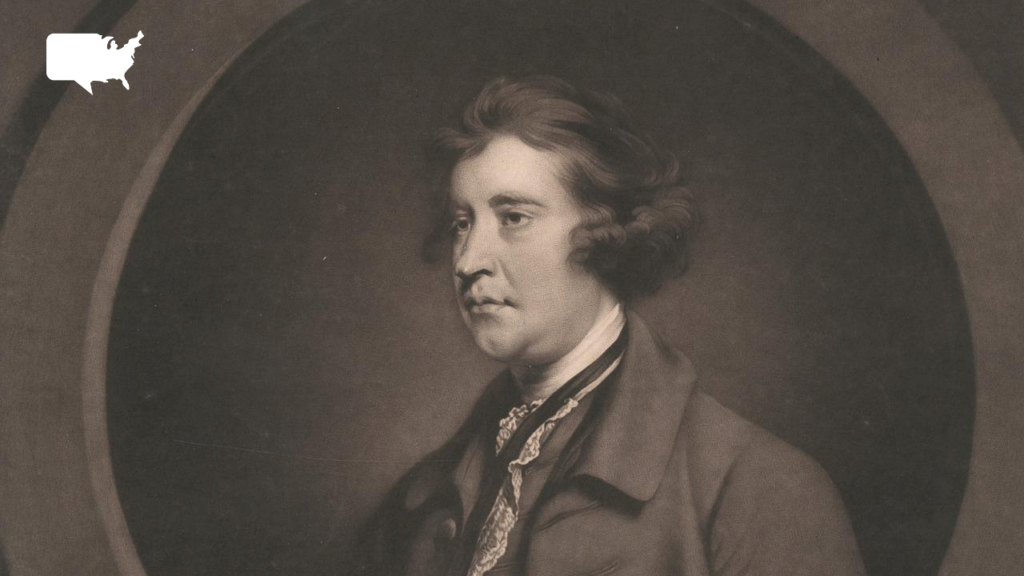In his 2008 book The Activist: John Marshall, Marbury v Madison, and the Myth of Judicial Review, Lawrence Goldstone argues persuasively that the Chief Justice was intent on using William Marbury’s suit against the Jefferson Administration to claim for the Court the authority, nowhere specified in Article III of the Constitution, to be the ultimate […]
Plato’s Legacy in Eighteenth-Century Western Politics
“. . . I amused myself with reading seriously Plato’s republic. I am wrong however in calling it amusement, for it was the heaviest task-work I ever went through. I had occasionally before taken up some of his other works, but scarcely ever had patience to go through a whole dialogue. while wading thro’ the […]
John Adams, Thomas Paine, and the Conflict between Conservative and Progressive Liberalism in America
In his 2014 work The Great Debate, Yuval Levin argues that the origin of the debate between progressives and conservatives in Western liberalism can be traced to the end of the 18th century, specifically citing the opposing positions of Edmund Burke (Reflections on the Revolution in France) and Thomas Paine (Rights of Man) in response […]
Classical Republicanism, Lockean Liberalism, and the Creation of the American Republic
As several scholars, like Bernard Bailyn, Caroline Robbins, and Gordon Wood, have reminded us, a number of ideological influences have played a significant role in the creation of the American republic. Among them were two opposing concepts that were at the center of the Founders’ debate over the meaning of republicanism in America. One was […]
Burke and Adams: Tradition vs. Constitutionalism
In his 1953 classic The Conservative Mind, Russell Kirk stresses what he sees as the remarkable similarity in political thinking between Edmund Burke, the “Father of Western Conservatism,” and John Adams, often referred to as the first great American conservative. Kirk asserts that “it is difficult to draw any clear line of demarcation” between the […]

